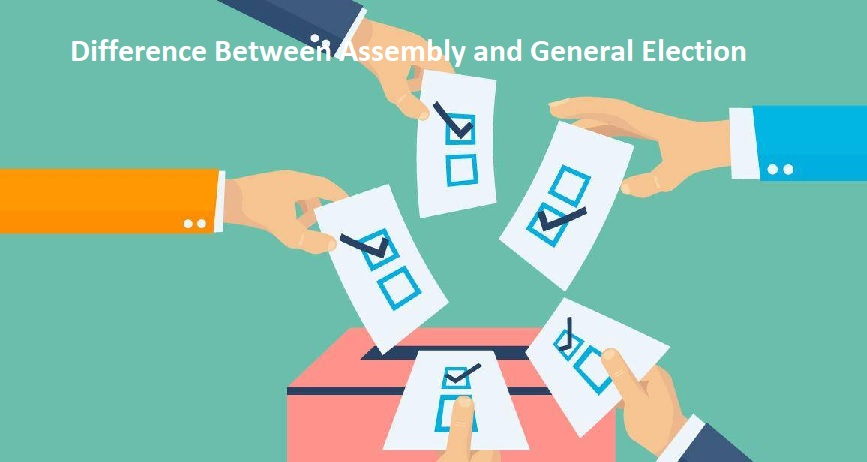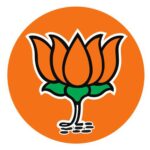Since the time of ancient Greeks, democracy has been in theory and in practice. The etymology comes from the Greek word demos meaning “people” and kratos meaning “rule” during the 5th century BCE. Even though this information is widely known, some people think that democracy existed in different parts of the world even before 500 BCE amongst varying groups of people. In modern times, democracy is defined as government of the people, by the people and for the people, a popular phrase coined by Abraham Lincoln. Democracy is used for different forms of government where people have a say in the decisions and freedom of electing a promising representative who can run things smoothly within their community.
India has a parliamentary system as per it’s constitution and the power is distributed among the central and the state government. India is divided into states and union territories and each state has a chief minister who is the leader of a particular political party. To exercise the role of a chief minister the political party has to win majority of the seats in the State Assembly Elections also known as the Vidhan Sabha elections. Once elected, the chief minister of the state holds the executive power within the state and works closely with the prime minister on matters that demand both state and central attention.
According to the Indian constitution the President is known the occupy the same position as the king of the English constitution. The president is the head of the state of republic of India but not the executive. The President of the nation is commander in chief of the Indian Armed Forces. He also has the right to dissolve the state government in case of failure in maintaining peace & harmony and in cases of major chaos and discrepancies.
The prime minister is the head of the central government of the nation and leader of Union Council of Ministers. The prime minister has to be appointed by the president of India and has to be a member of the parliament. He/she is also a chief advisor to the president and most senior minister in the executive department.
Assembly election – Vidhan Sabha election
The election for state legislative assembly (Vidhan Sabha) is known as the assembly election. Members of state legislative assembly are elected by voting from a set of candidates. Every adult citizen in India with a voter ID can vote in order to choose a promising candidate. Candidates who win the elections are called ‘Member of Legislative Assembly’ (MLA) and are in rule for five years or until their body is dissolved by the governor.
The MLAs are responsible for creating new laws in favor of it’s people and their betterment, improve existing laws and remove laws that don’t work in favor of its people. Every state in India has a fixed amount of seats for assembly elections. However there is no fixed time period for the election to take place. The time for assembly elections varies from state to state. While concluding the results of this election, the political party with 50% or more majority wins the election. All the elected MLAs select the leader of their party as the chief minister of the state.
Here the question arises that if any of the parties cannot secure 50% seats, how are the results of the election concluded? We can look at the example of 2013 Vidhan Sabha elections in Delhi which comprised of total 70 seats. Out of these 70 seats the major parties like Bhartiya Janata Party won 31 seats, Aam Aadmi Party won 28 seats and Congress won 18 seats. According to the rules BJP was given first preference to form an alliance with a party (gatbandhan) and run the state in collaboration with the aligned party. However BJP failed to do so and AAP was given the second preference which then formed an alliance with Congress and formed the ruling state government in Delhi.
General Election – Lok Sabha Election
The Lok Sabha, constitutionally known as the House of the People is the lower house of India’s parliament, and Rajya Sabha is known as the upper house. The house meets of Lok Sabha are held in Sansad Bhavan, New delhi.
According to our constitution the maximum membership of the house was initially 552, which is now lowered to 543. The seats are divided amongst the different states on India depending on the popular with Uttar Pradesh consisting one of the highest number of seats. Different candidates from each state contest in the elections representing different political parties. In order to win the elections, a party needs to secure more than 50% of the seats which is 272 seats. The leader of the winning party is appointed as the Prime Minister of India.
Members of Lok Sabha are elected directly by the citizens of India. The members of the Lok Sabha hold their seats for five years or until it is dissolved by the President seeking advice of council of ministers. This house holds certain powers that make it more powerful than Rajya Sabha. For example – motion of no confidence is a statement or vote about whether the person in question is still worthy of the position and capable of carrying out responsibilities in everyone’s interest. This can be passed in Lok Sabha and if passed by a majority vote, the Prime Minister and Council of Ministers have to resign collectively.
Difference between Lok Sabha and Vidhan Sabha
- The Lok Sabha is the lower house of the Indian parliament while Vidhan Sabha is the legislative body in the states and union territories.
- The Vidhan Sabha elections are carried at state level at different times and Lok Sabha elections are carried out at national level at the same time.
- As per our constitution the Lok Sabha has been allotted 552 seats while Vidhan Sabha has to have no less than 60 members and not more than 500 members.
- Lok Sabha can be dissolved by the President while Vidhan Sabha of any state can be dissolved by the governor.
- Money bills introduced in Lok Sabha are passed to Rajya Sabha, which is considered passed after 14 days of non-rejection, while money bills introduced in Vidhan Sabha are passed on to Vidhan Parishad for 14 days of deliberation.











